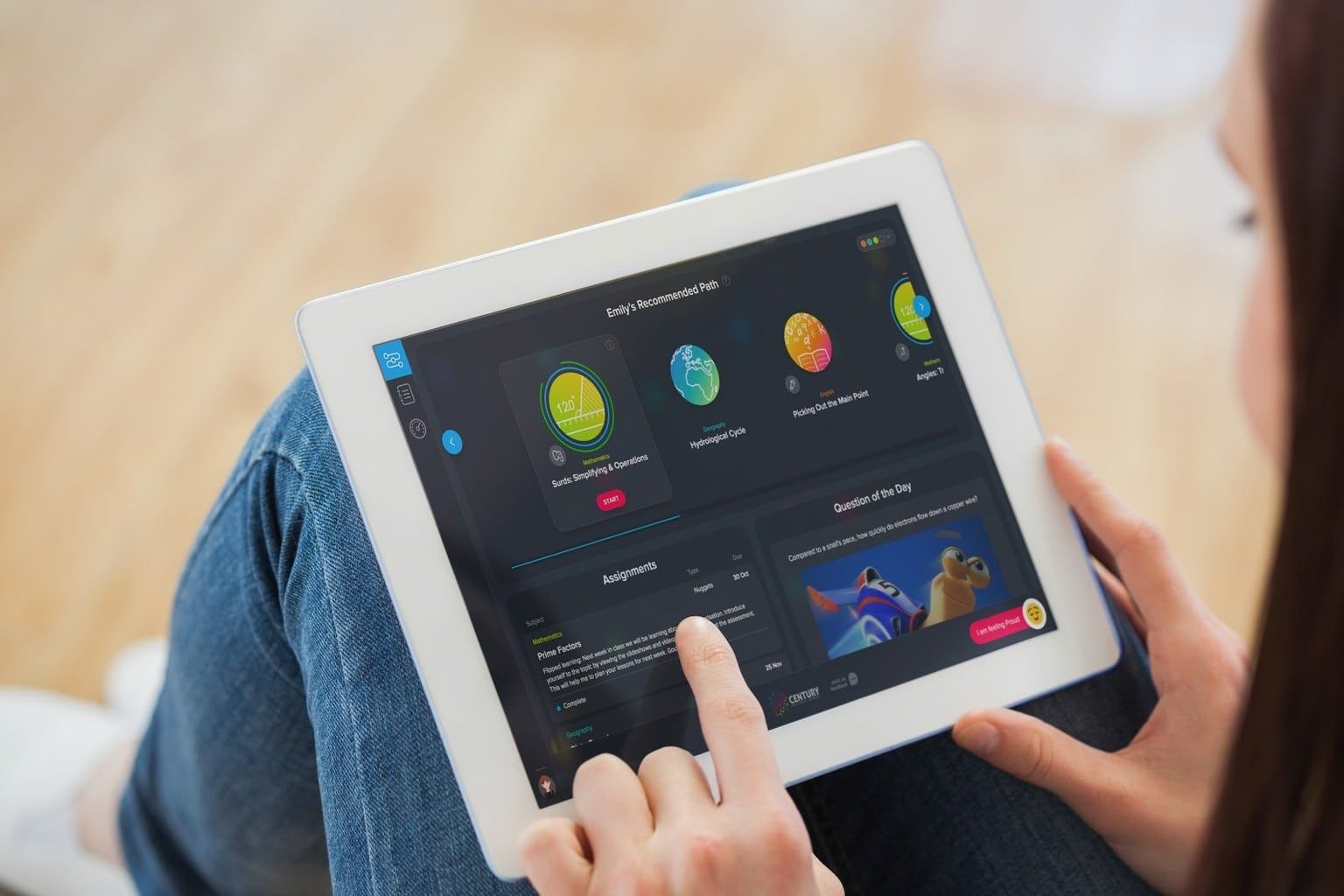
Efficiency doesn’t change the world
Published
Friday, 12 April
Author
Mark Rosser
Categories
Blog
April
Share
I am well aware that I am a lucky, lucky man; my job means that I get to meet many amazing people. A couple of years ago, I met a man who has, quite literally, changed the world and I have to confess that I was in awe.
This content is restricted to BESA members
LoginNot yet a member?
Become a part of the BESA community and unlock exclusive business advantages, including:
- Trusted provider status to enhance your industry credibility
- Exclusive discounts on major exhibitions and events
- Access to vital sector insights with resources like the BESA Barometer and Compass reports
- Networking opportunities with industry leaders
- Exclusive business benefits designed to help your organisation thrive
Join now and take advantage of BESA's membership benefits to stay ahead in the industry.
Become a member